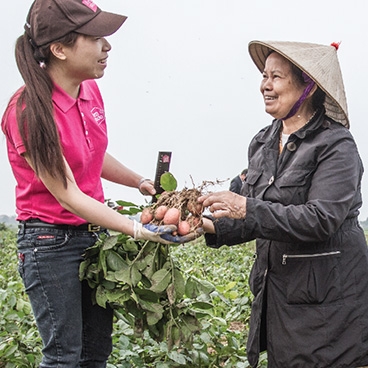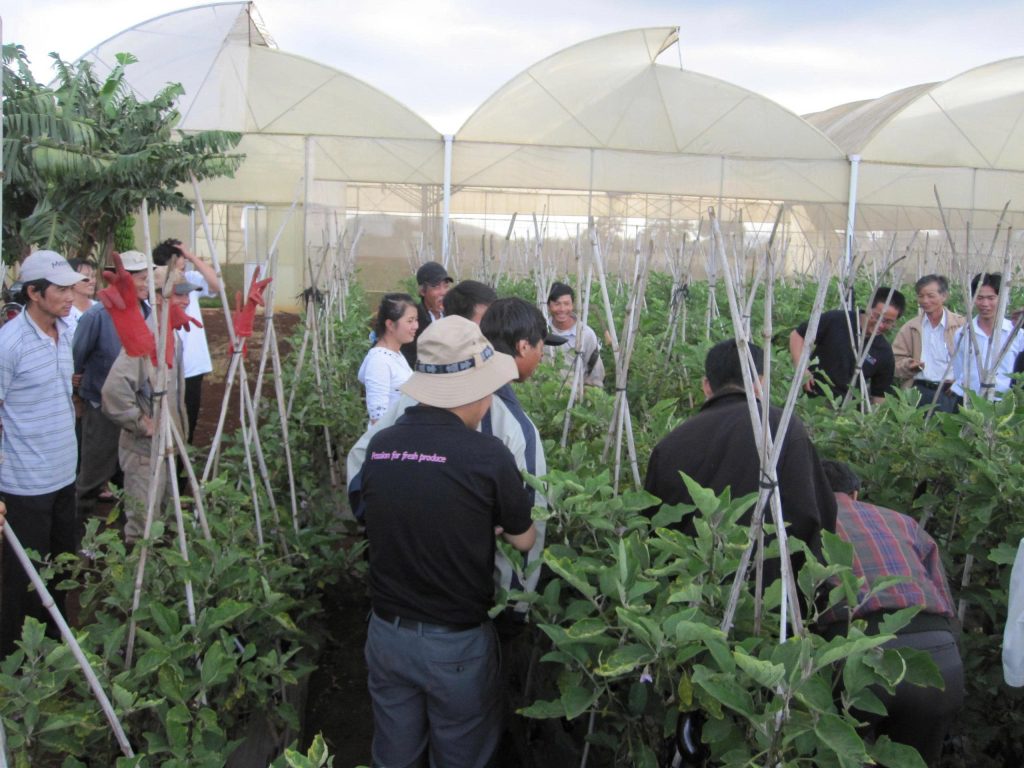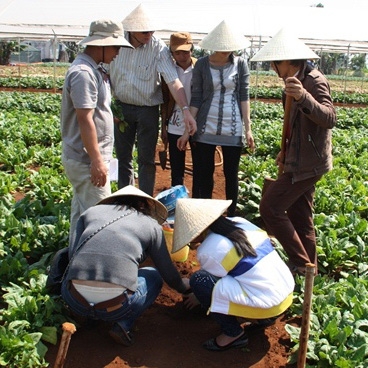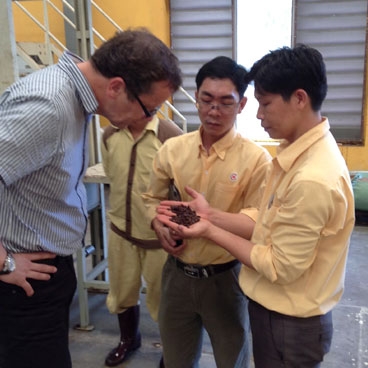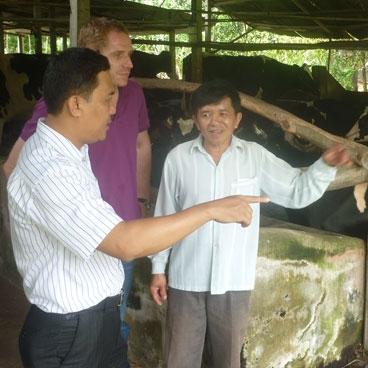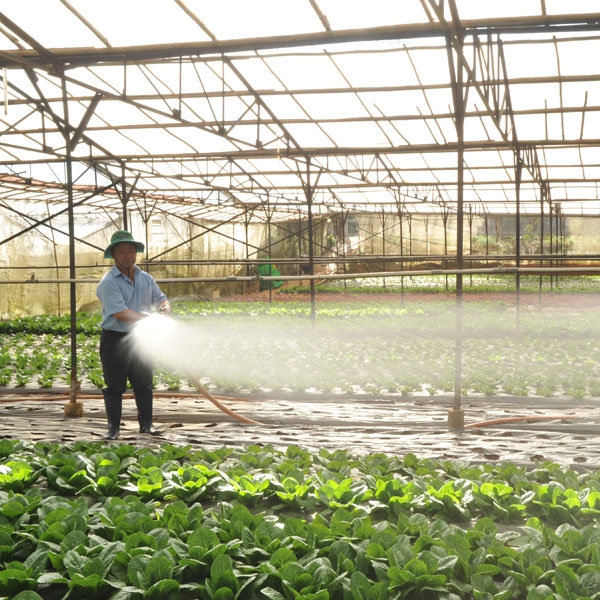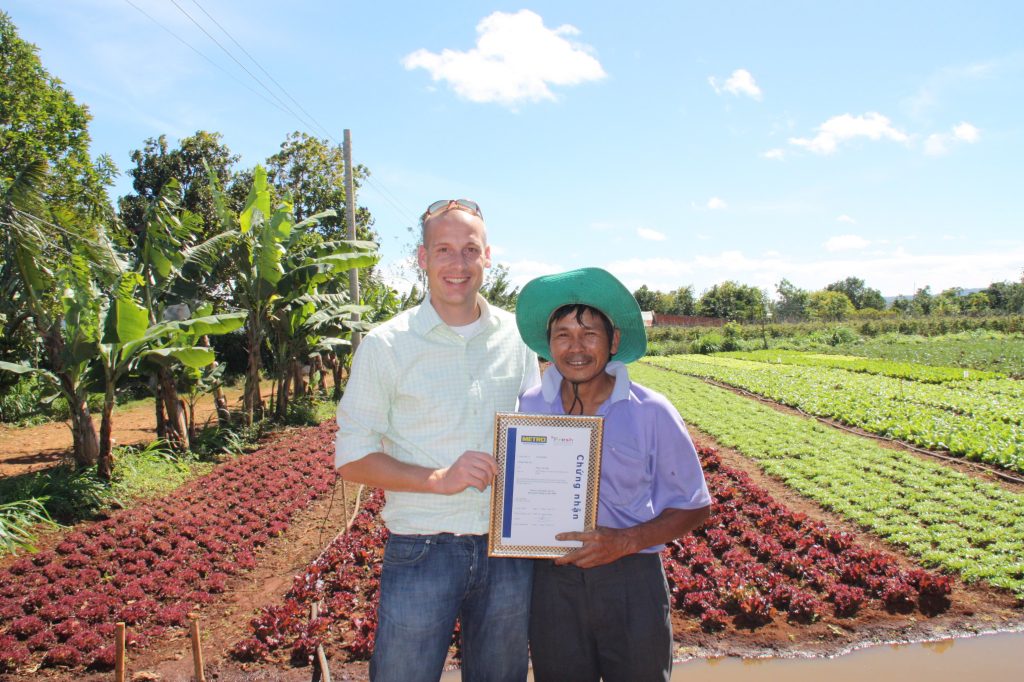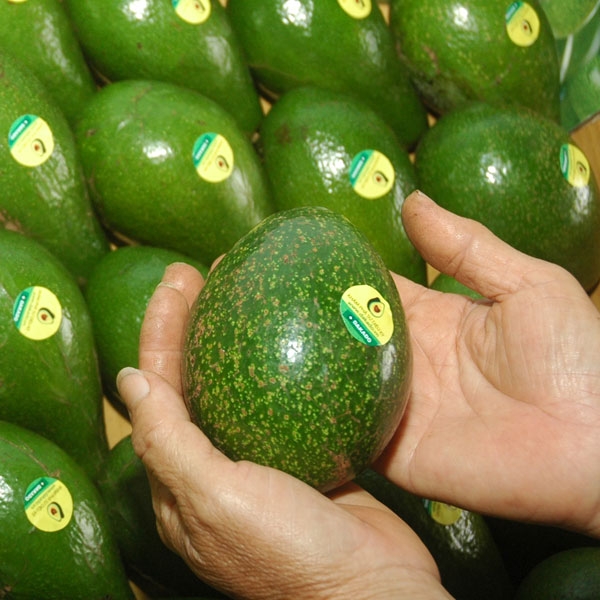Seafood Trade Intelligence Portal, Fresh Studio and Solidaridad kicked off the Aquaculture Innovation Challenge on Tuesday, 6 December 2016, with an inspiring event to bridge the gap between innovators and impact investors in the aquaculture sector.
Background
By 2050, aquaculture production will need to grow by another 70 million tones to meet the world’s seafood demand. The consumption and dependency on seafood for well-being has never been this high. Aquaculture presents a significant opportunity to enhance food security. Vietnam, the fourth largest aquaculture producer in the world, has demonstrated its potential, but the emergence of the aquaculture sector raises major concerns in the country. The role of entrepreneurs will be the key to creating necessary innovations for a sustainable aquaculture sector.
However, to realize ambitions and innovations for the sector, access to finance and capital is critically important. Finding bright minds and enabling them to realize their ambition by connecting them to finance and capital is the main target of the Aquaculture Innovation Challenge.
Approach
The challenge is open for online and offline applications from 6 December 2016 until 11 March 2017. Finalists will be invited to an intensive business plan boot camp and pitching event. The best business plans will be awarded a cash investment for initiating the business plan. Winners will be announced in June.
For this challenge, innovations and solutions are sought in three different categories:
- Design
- Demonstration
- Upscaling
Willem Schoustra, project manager for Blue Growth at the Dutch Ministry of Economic Affairs said, “Aquaculture has an enormous potential as a source of animal protein. There is one condition: we must reach this potential in a sustainable way! The Dutch government is continuously exploring how to contribute best to the development of a sustainable aquaculture sector around the world. The Aquaculture Innovation Challenge is an opportunity to bring together innovation and finance to achieve this goal.”
Support from industry leaders
The Aquaculture Innovation Challenge is supported by the Dutch Ministry of Economic Affairs and the Vietnamese Ministry of Agriculture and Rural Development. Key partners include Inve Aquaculture and De Heus Vietnam. The competition jury consists of experts with a background in science, business, finance and civil society including partners such as Rabobank, Alterfin, Aqua-Spark, Seafood Connection, Pan Group, Asian Development Bank, eFishery, Wageningen University, ICCO Investments, Australian aid and Solidaridad.
Expected outcome
We aim to find the brightest minds and enabling them to realize their ambition by connecting them to finance and capital and by doing this improving the aquaculture sector in Vietnam.
Read more about the Aquaculture Innovation Challenge on the AIC website: English Vietnamese


